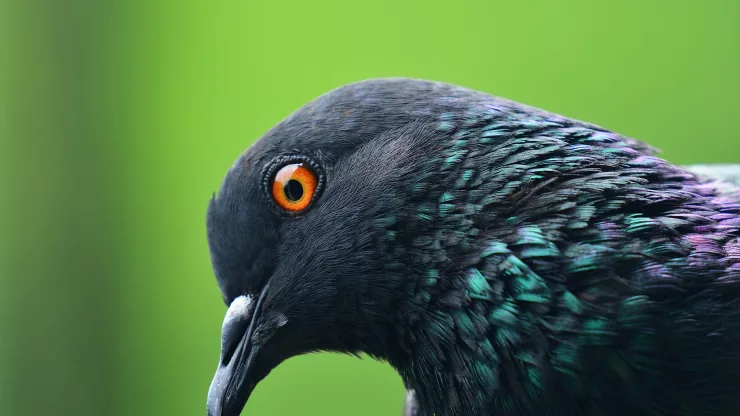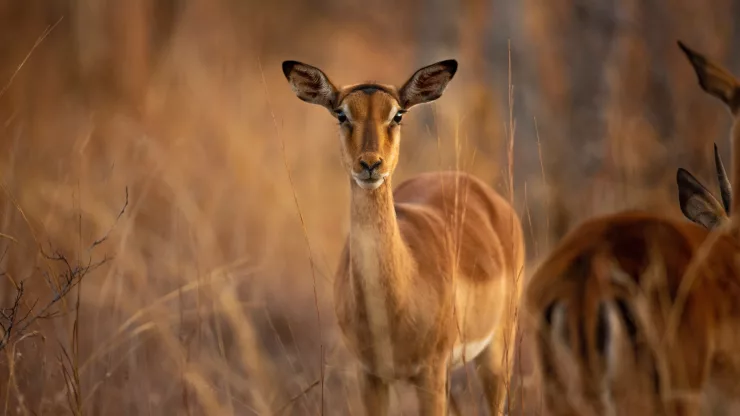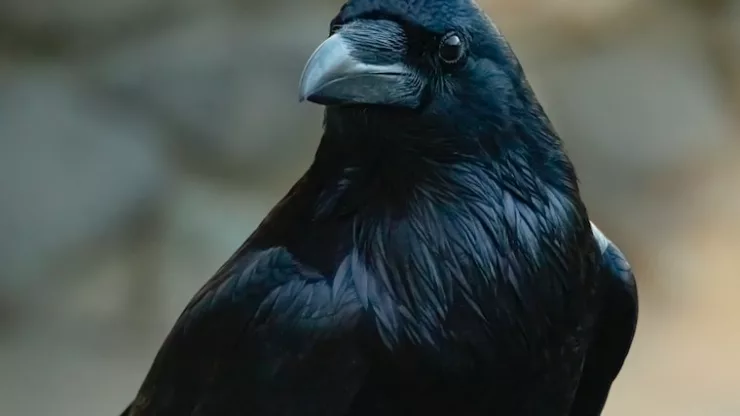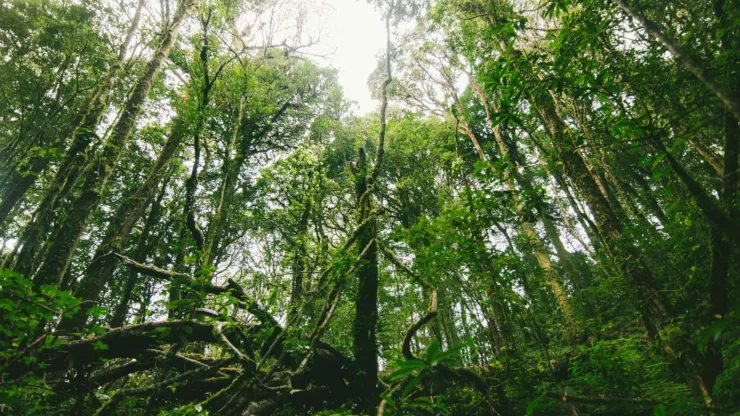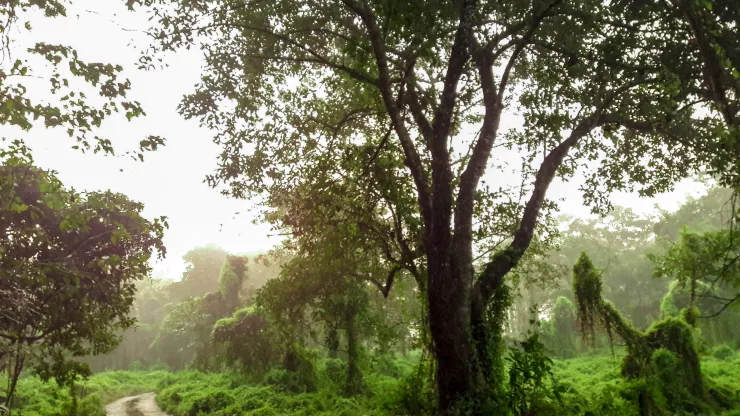The Urban Wildlife Conservation Field
Urbanization has led to an increasing disconnect between humans and wildlife, putting many species at risk.
However, the field of urban wildlife conservation offers solutions to mitigate the negative impacts of urbanization on wildlife.
Urban wildlife conservationists work to protect, manage, and restore wildlife habitats in urban areas while promoting coexistence between humans and wildlife.
The field offers a range of career opportunities for individuals interested in wildlife conservation, ecology, and environmental science.
Pursuing a master’s degree in urban wildlife conservation is an excellent way to gain the knowledge and skills necessary to succeed in this field.
Jump to Section
Master’s Degree in Urban Wildlife Conservation
A master’s degree in urban wildlife conservation provides students with the theoretical and practical knowledge to address the challenges of urban wildlife conservation.
The program combines coursework and field experiences to provide students with a comprehensive understanding of urban ecology, wildlife biology, habitat management, and community engagement.
Some of the topics covered in the program include:
- Urban wildlife ecology and behavior
- Habitat restoration and management
- Wildlife-human interactions
- Conservation policies and regulations
- Community-based conservation
Students may also have the opportunity to conduct research in partnership with organizations and agencies working in the field.
Career Opportunities in Urban Wildlife Conservation
A master’s degree in urban wildlife conservation can lead to a variety of career opportunities in the field. Some of the positions that graduates may pursue include:
- Wildlife Biologist
- Habitat Restoration Specialist
- Wildlife Conservation Educator
- Environmental Consultant
- Wildlife Conservation Planner
- Conservation Program Coordinator
These positions can be found in government agencies, non-profit organizations, and consulting firms.
Graduates may also choose to pursue a Ph.D. to advance their research and academic careers.
Making a Difference in Your Community and the Environment
Working in urban wildlife conservation provides an opportunity to make a real difference in your community and the environment.
By protecting and restoring urban habitats, you can help promote the survival of wildlife species and improve the quality of life for people living in urban areas.
Urban wildlife conservationists also play an important role in educating the public about the importance of conservation and promoting sustainable practices.
By engaging with community members and policymakers, you can help shape policies and practices that promote coexistence between humans and wildlife.
FAQ
What skills do I need to succeed in urban wildlife conservation?
To succeed in urban wildlife conservation, you need to have strong analytical, communication, and problem-solving skills.
You should also have a passion for wildlife conservation and a commitment to promoting sustainability in urban areas.
What types of organizations hire urban wildlife conservationists?
Urban wildlife conservationists can work for government agencies, non-profit organizations, consulting firms, and research institutions.
What is the job outlook for urban wildlife conservationists?
The job outlook for urban wildlife conservationists is positive, with growing demand for professionals who can address the challenges of urbanization on wildlife habitats.
How can I get involved in urban wildlife conservation?
There are many ways to get involved in urban wildlife conservation, such as volunteering with local organizations, participating in citizen science programs, and advocating for conservation policies and practices in your community.
Pursuing a master’s degree in urban wildlife conservation is also an excellent way to gain the knowledge and skills necessary to make a difference in the field.
Pursuing a master’s degree in urban wildlife conservation can open up exciting career opportunities in a growing field.
As an urban wildlife conservationist, you can make a difference in your community and the environment by promoting coexistence between humans and wildlife and protecting urban habitats.
With the right skills and passion, you can help shape the future of urban wildlife conservation and create a more sustainable world for all.
I’m a nature enthusiast and creator of Metro Wilds and have spent years exploring the great outdoors.
With a passion for environmental conservation and sustainability, I have dedicated my career to writing about the beauty and wonders of nature, as well as the threats facing our planet.
Contact me at [email protected] for assistance.

